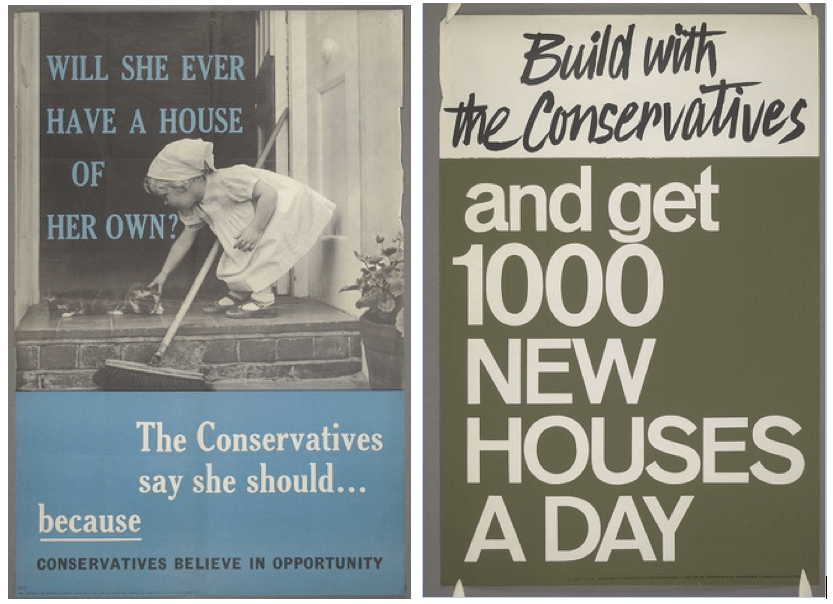One of the more dispiriting things about this reshuffle has been the way in which important policy areas appear to have been downgraded. This week’s leading article in The Spectator lambasts the decision to move Michael Gove from Education, arguing that it means his reforms will slow and future politicians will still be able to criticise the number of Old Etonians in the Cabinet:
The Prime Minister and his coterie embody the problem. Gove was out to fix it, fighting a battle on behalf of the state school pupils -a battle that even Thatcher shied away from. Cameron has now decided that he’d rather this battle was not fought. His decision to abandon this battle and move Gove to become Chief Whip puts party before pupils. It raises new questions over his own commitment to the social justice agenda. And as our political editor James Forsyth says in this video, it makes sure more Etonians will dominate public life in years to come.
If the Prime Minister was particularly interested in the education of the less privileged, he might even have fought the next election on the fact that tougher curriculums mean that more pupils are learning rigorous disciplines such as science and languages, and fewer are sitting exams in pretend subjects such as media studies. Just one in eight teachers supported the recent strikes, showing that Mr Cameron was not only winning the argument but was on the cusp of a fundamental transformation in English state education. It would be a shame if a few badly worded opinion polls blinded him to that fact.
But it isn’t just Education that has been neutralised at the expense of the government’s social justice agenda. Housebuilding has, too. Nick Boles, arguably the finest minister holding the planning brief for a long time, was moved for similar reasons to Gove’s ejection: he was good, knowledgeable, but upset core Conservative voters.
Now the housing portfolio has been mucked about with yet again. Kris Hopkins, who has held the post for a grand total of nine months, no longer works as Housing Minister. He remains in the Communities and Local Government department, but is covering pubs, local government and adult social care, not housing. The housing role has been absorbed into Brandon Lewis’ new Minister of State job, which also incorporates planning. This is very sensible: it seems silly to separate housing from planning. The former is dominated by social housing, which is increasingly a government response to a failure in the latter: poor planning policy leads to fewer homes and an unaffordable housing market, which in turn means more people need ‘affordable’ or social housing. A good move, then, but the only bit of sense in a reshuffle that seems to have allowed Eric Pickles, who was always suspicious of the enthusiastic Boles, to triumph in stopping any further planning reform. When Boles moved to the department, a colleague of his took me to one side and muttered about ‘Osborne’s spies’ being sent in. He added: ‘And let me tell you, it’s not Brandon.’ Presumably that means Brandon Lewis is more pro-Pickles than he is pro-Osborne.
And we have now had 15 housing ministers in 20 years, and four under this government alone.

In 1963, the Conservatives published the above campaign poster. It’s difficult to imagine them publishing a similar one today, not least because the idea of 1,000 NEW HOUSES A DAY would be enough to give some key voters the vapours. But it’s also difficult to imagine it because, as on education, there seems to be an appetite to proceed on a softly-softly PR-led basis.







Comments